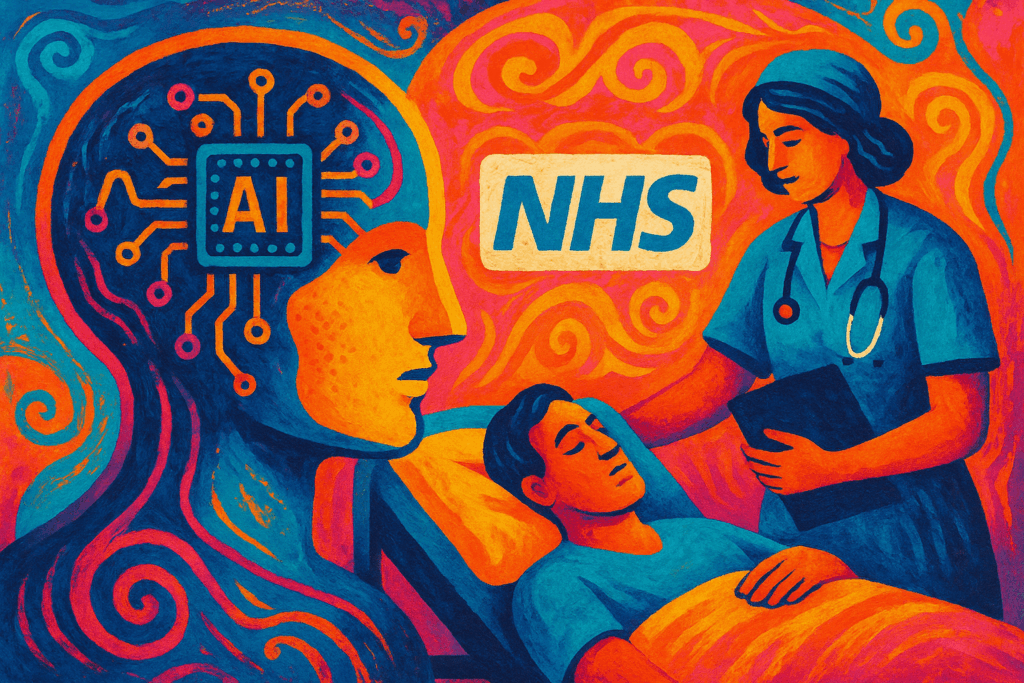UK’s Digital Healthcare Leap: Paving the Way for AI
The United Kingdom is advancing towards a digitally integrated healthcare system marked by innovative virtual care models and strategic data initiatives. These efforts set the stage for large-scale artificial intelligence (AI) integration, promising to transform patient care and health research.
“NHS Online”: Virtual Care and AI’s Role
Scheduled from 2027, the “NHS Online” service seeks to reduce waiting times by providing specialist consultations via phone and video. This initiative invites immediate opportunities for AI, particularly in patient triage where algorithms can assist in prioritizing cases based on urgency. AI-powered smart scheduling tools could optimize appointment allocation, while preliminary diagnostic support can guide clinicians by analyzing symptoms and medical histories. While promising, challenges such as staffing requirements and digital inclusion remain, though AI tools may help alleviate some of these obstacles by automating routine tasks and widening accessibility for patients with varied digital capabilities.
Valuing Health Data: Fueling AI Innovation
The UK government’s plan to assign value to NHS health data aligns closely with building a secure, AI-ready health data platform. This infrastructure is designed to integrate diverse datasets including genomics, diagnostics, and clinical records at population scale. By providing industry and researchers controlled access to this rich data environment, the platform creates a fertile ground for developing AI models that advance diagnostics, accelerate drug discovery, and support personalized medicine programs. The approach reflects a strategic recognition that properly curated and valued data assets are central to the success of AI-enabled healthcare innovation.
Charting the Future of AI-Driven Healthcare
Combined, the NHS Online service and the AI-ready data ecosystem position the UK healthcare system as a significant case study for national digital health transformation. This dual strategy enables improvements in healthcare delivery efficiency, greater patient access through virtual channels, and the tailoring of treatments based on comprehensive data insights. Moving forward, the system will need to maintain focus on ethical data governance, bridging digital divides, and ensuring workforce readiness for new AI-driven workflows. The UK’s blueprint offers a reference model for other health systems aiming to harness AI at scale while balancing technological progress with inclusivity and ethics.




